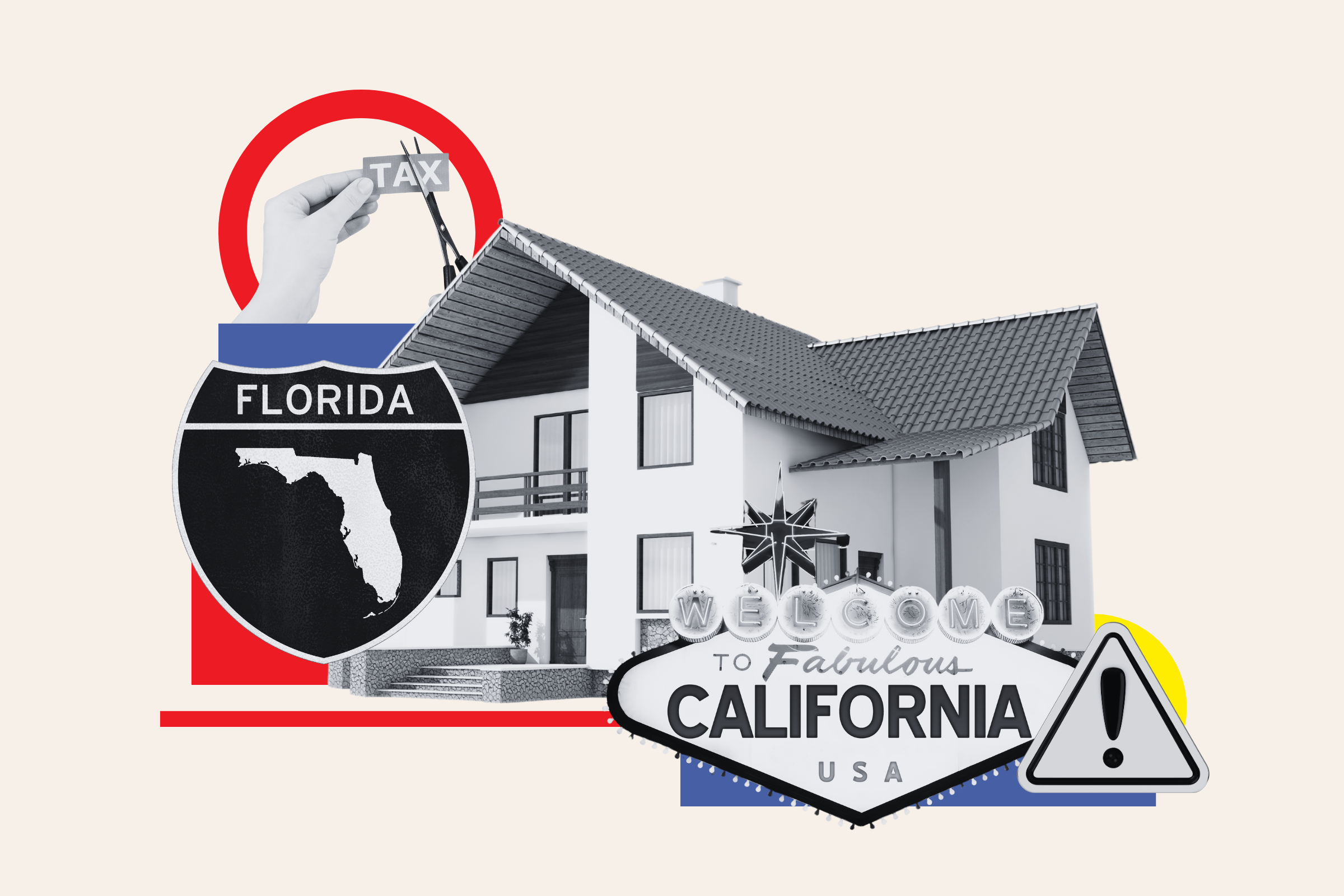🎙️ Voice is AI-generated. Inconsistencies may occur.
Donald Trump has revealed plans for reciprocal tariffs for the majority of countries in the world—Newsweek has broken down the few that are not affected.
The president announced the new measures in the Rose Garden on Wednesday, saying "our country has been looted, pillaged, raped, plundered" by other nations.
Newsweek has contacted the White House, via email, for comment.
Why It Matters
The tariffs are intended to push trade partners to lower their own barriers with the hopes of reducing a $1.2 trillion trade imbalance recorded last year, and to fulfill a campaign promise made during Trump's campaign.
But there are worries that American companies and consumers will end up shouldering these costs and escalate trade wars globally.
What To Know
Newsweek has compiled a full list of the 180 countries that will be subject to Trump's new import taxes here.
Nations that are not subject to the tariffs include Russia, Belarus, Cuba and North Korea.
The White House explained why Russia is not on the list, saying "sanctions from the Ukraine war have already rendered trade between the two countries as zero."
An unnamed White House official told The New York Times that all of these countries "are already facing extremely high tariffs and our previously imposed sanctions preclude any meaningful trade with these countries."
Canada and Mexico were also excluded from this tariff announcement, as they have already been targeted in previous executive orders setting 25 percent tariffs on all goods entering from both countries—although exemptions and delays have since been announced.
Full List of Countries Not Hit by Reciprocal Tariffs
- Belarus
- Burkina Faso
- Canada
- Cuba
- Mexico
- North Korea
- Palau
- Russia
- Seychelles
- Somalia
- Vatican City
What People Are Saying
The White House said in a press release: "For the first time in decades, the United States will see fair trade as President Donald J. Trump announces tariffs to level the playing field for American workers and businesses.
"Despite the rhetoric from politicians and the media, studies have repeatedly shown tariffs are an effective tool for achieving economic and strategic objectives—just as they did in President Trump's first term."
Mark Zandi, chief economist at Moody's Analytics, previously told Newsweek: "The bulk of tariffs are borne by American consumers in the form of higher prices. A combination of the tariffs and the retaliation will weigh heavily on the economy and in many scenarios may push us into a recession.
What Happens Next
A 25 percent tariff on "all foreign-made automobiles" will take effect on April 3. The 10 percent "baseline" tariffs will take effect on April 5 and the reciprocal tariffs will kick in on April 9.

fairness meter
About the writer
Jordan King is a Newsweek reporter based in London, U.K. Her current focus is on religion, health, food safety and ... Read more




